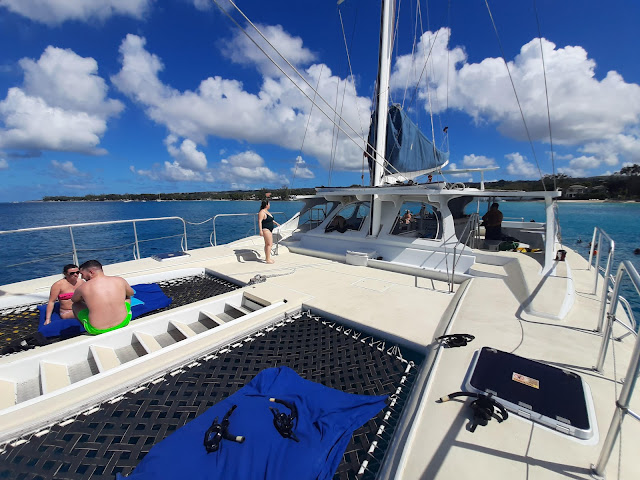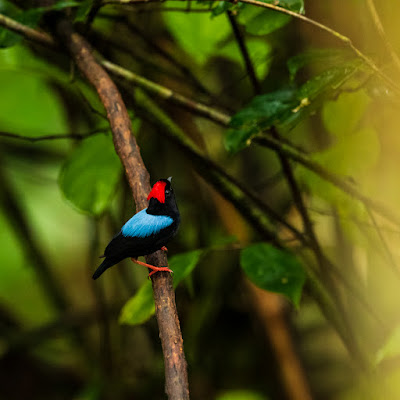Is there something to learn from Barbados?

Shivonne Peters, marine scientist and consultant, writes about her recent visit to Barbados and suggests what Tobago might take from that island’s efficient hospitality industry Countries around the world are attempting to restart economic activities as Covid-19 is becoming more manageable. In the Caribbean, tourism, the region’s main economic driver, is on the uptick as many visitors, especially from North America and Europe, are starting to travel. My recent trip to Barbados was more than a vacation as I was curious to see why tourism was thriving in that beautiful island; and what best practices we might adopt in Tobago to make our product more attractive and competitive on a regional and global scale. One may wonder if the tourism products on these two islands are so different. In my view, it seems to come down to three things: the treatment and care of the marine environment; customer service; and the mindset of tourism operators. Tiami...


